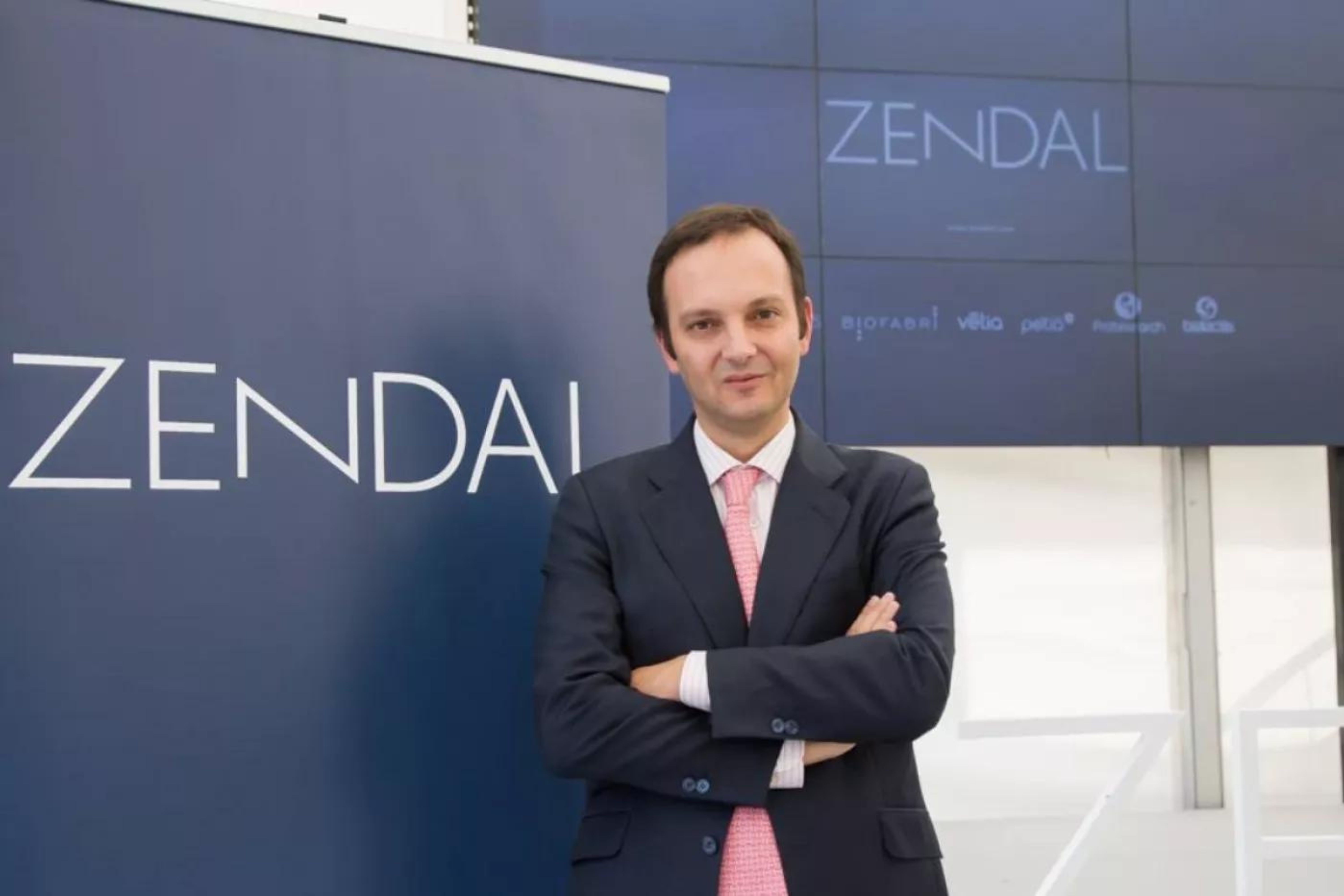
Latest information

Interview with Andrés Fernández, CEO of the Zendal Group
Zendal is a Galician biopharmaceutical group that brings together eight companies focused on human and animal health, ranging from research and development to manufacturing and marketing of vaccines, drugs and probiotics.
With more than 30 years of experience, Zendal is one of Galicia's leading biotechnology companies. What are the strategic pillars on which it has built its market position?
Since its creation in 1993, the pillars of the Zendal Group have been the commitment to R&D&I, to which we devote 11% of our annual budget, the biopharmaceutical technology and production capacity, which we have expanded and improved throughout our history, the internationalisation of our activities and, most importantly, the presence of a qualified team with in-depth technical knowledge.
You are committed to the concept of "one health", in which human and animal health are interdependent. How does this philosophy translate in your scientific and business strategy?
When we talk about One Health, we are talking about a holistic vision of health that must take into account all the elements responsible for diseases: human and animal health, ecosystems, the environment, as well as social, cultural and economic factors. In this sense, disease prevention through vaccines and biologicals is key to maintaining a balance between human and animal health, the sustainability of the health care systems and the profitability of livestock farms. Although our origins are in animal health, we entered the human health field in 2008 with the tuberculosis vaccine project, MTBVAC, building on our leadership in mycobacteria. We also have extensive experience and expertise in vaccines for zoonotic, infectious, bacterial and viral diseases.
At Zendal, we are working to meet the major challenges of global health, such as the recent covid-19 pandemic, in which we decided to participate actively with our technical and productive biotechnological capacity.
As you say, covid-19 related projects have been key for the company in recent years. What are Zendal's current R&D priorities?
Zendal has the tuberculosis vaccine, MTBVAC as one of its flagship projects, which is currently in phase 3 clinical trials in infants and could play a relevant role in the future eradication of tuberculosis within the framework of target 3.3 of the Sustainable Development Goals (SDGs).
In parallel, at Zendal we are working on the development of several vaccines for both human and animal health, pharmacological products and new probiotics for various diseases.
On the other hand, we are working on other projects with third parties on an international level for different vaccines and zoonoses. We are also entering a new phase of our strategic plan, after an intense period of acquisitions and growth, with several biopharmaceutical plants for human and animal health in Spain and northern Portugal, positioning us as a group with a large vaccine production capacity.
How do you assess the current situation of the Galician biotechnology ecosystem and how do you see its ability to transform the economy and society?
The pandemic has increased the value of the biotechnology industry, but Galicia was already a relevant pole in Spain. The transformative capacity of the biopharmaceutical sector is characterised by its high capacity to generate new opportunities for economic growth and knowledge, creating high quality jobs while protecting, caring for and prolonging the lives of humans and animals.
What is the role of established companies like Zendal versus start-ups in this ecosystem?
It is important to remember that advances in social welfare are largely driven by extraordinary scientific and technological developments whose sole raison d'être is the constant search for better living standards. This is the transformative power of innovation in health care. And Zendal wants to be a relevant player in the field of global health. On the one hand, companies like Zendal act as a tractor to attract innovative projects, companies and technologies, create quality jobs, promote regional growth and enrich knowledge, and on the other hand, it is also our mission to actively participate and have a voice in this ecosystem.
Since 2019, you have been announcing the International Zendal Awards for biotechnology research, knowledge transfer and social innovation. What is the purpose of this?
The Zendal Awards were created to highlight the value of science and the ecosystem as a whole. To give visibility to innovation and its players, both established and new scientists. With the Zendal Awards, we want to highlight the human side and the personal sacrifices behind scientific careers for the benefit of health and progress.
Each year, the International Zendal Awards, through an external scientific committee, selects two winning projects for their contribution to human and animal health, with a prize of 40,000 and 25,000 euros, respectively.